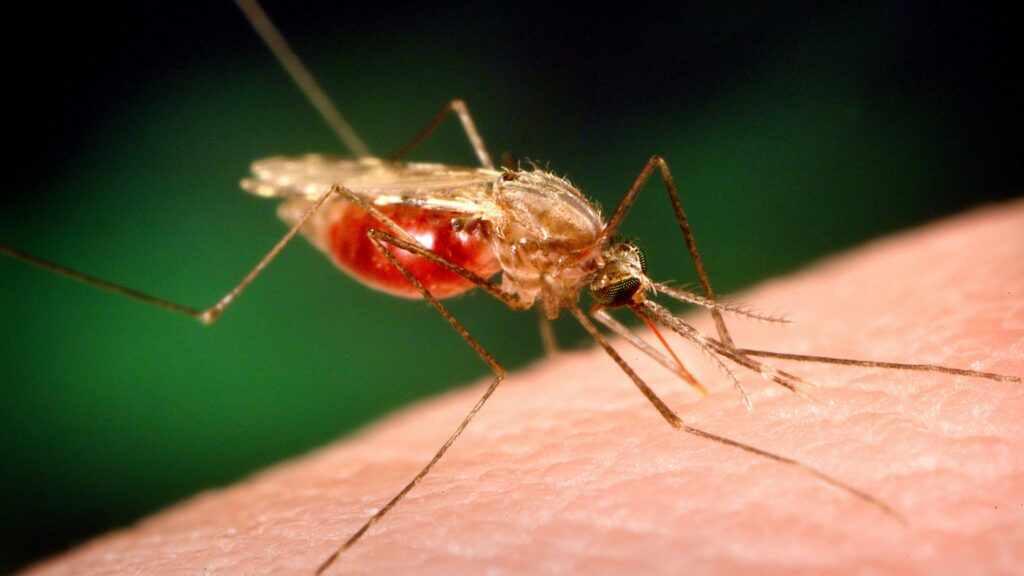Tech billionaire and philanthropist Bill Gates has revealed a comprehensive strategy aimed at eradicating malaria, a disease that has plagued humanity for centuries. Gates’ plan includes several groundbreaking technologies and innovations.
What Happened: Last month, in a post on his blog, Gates underscored several potential breakthroughs that could help humanity overcome its ancient foe once and for all.
This is important, given that estimates suggest that malaria has wiped out half of humanity in its existence. According to a Nature article, malaria has killed 50-60 billion humans, nearly half of the estimated 117 billion humans born so far.

For context, the current human population of around 8 billion is nearly seven times lower than the humans estimated to have been killed by malaria so far.
See Also: Here's What Nvidia's Jensen Huang Had To Say About AMD CEO And His Cousin Lisa Su
Malaria Vaccines: Two first-generation malaria vaccines have been approved, but they have limitations, especially in terms of long-lasting protection and transmission prevention. Researchers are now focusing on next-generation vaccines that could work for all ages, require fewer doses, and significantly reduce transmission.
Gene Drive Technology: Gene drive technology is another promising approach. Scientists in London are editing the doublesex gene in female Anopheles mosquitoes to make their proboscis too flimsy to bite humans, potentially reducing malaria transmission.
Injectable Prevention Tools: Injectable prevention tools, including long-acting injectable medicines (LAIs), are being explored. These could provide months of protection and are particularly useful in areas with seasonal malaria transmission or limited healthcare access. Late-stage LAI trials are expected to yield results by 2028.
Single Encounter Radical Cures: New treatments like single encounter radical cures (SERCs) aim to cure malaria in one dose and make patients temporarily toxic to mosquitoes. A new SERC combination is in late-stage trials and could be approved by 2026.
Attractive Targeted Sugar Baits: Attractive targeted sugar baits (ATSBs) are being improved to exploit mosquitoes’ need for sugar, offering a sweet treat laced with insecticide. Field testing of these prototypes will soon be underway.
Drones And AI: Technologies like drones and AI are helping identify and attack mosquito breeding sites more effectively, aiding in larval source management. This tech-enabled approach is particularly useful in urban areas.
Gates emphasizes that while scientific advancements are crucial, financial and political commitment is also necessary to eradicate malaria. He calls for global attention and funding to make this dream a reality.
Why It Matters: Science journal Nature described malaria as one of the deadliest diseases known to mankind, highlighting the need for innovative solutions to combat this ancient scourge.
Previously, Gates also shared his excitement about five groundbreaking AI innovations that could revolutionize healthcare. These innovations include AI-driven tools for disease prevention and treatment, which are integral to his malaria eradication plan.
Read Next:
Disclaimer: This content was partially produced with the help of AI tools and was reviewed and published by Benzinga editors.
Photo courtesy: Shutterstock
© 2025 Benzinga.com. Benzinga does not provide investment advice. All rights reserved.
Trade confidently with insights and alerts from analyst ratings, free reports and breaking news that affects the stocks you care about.